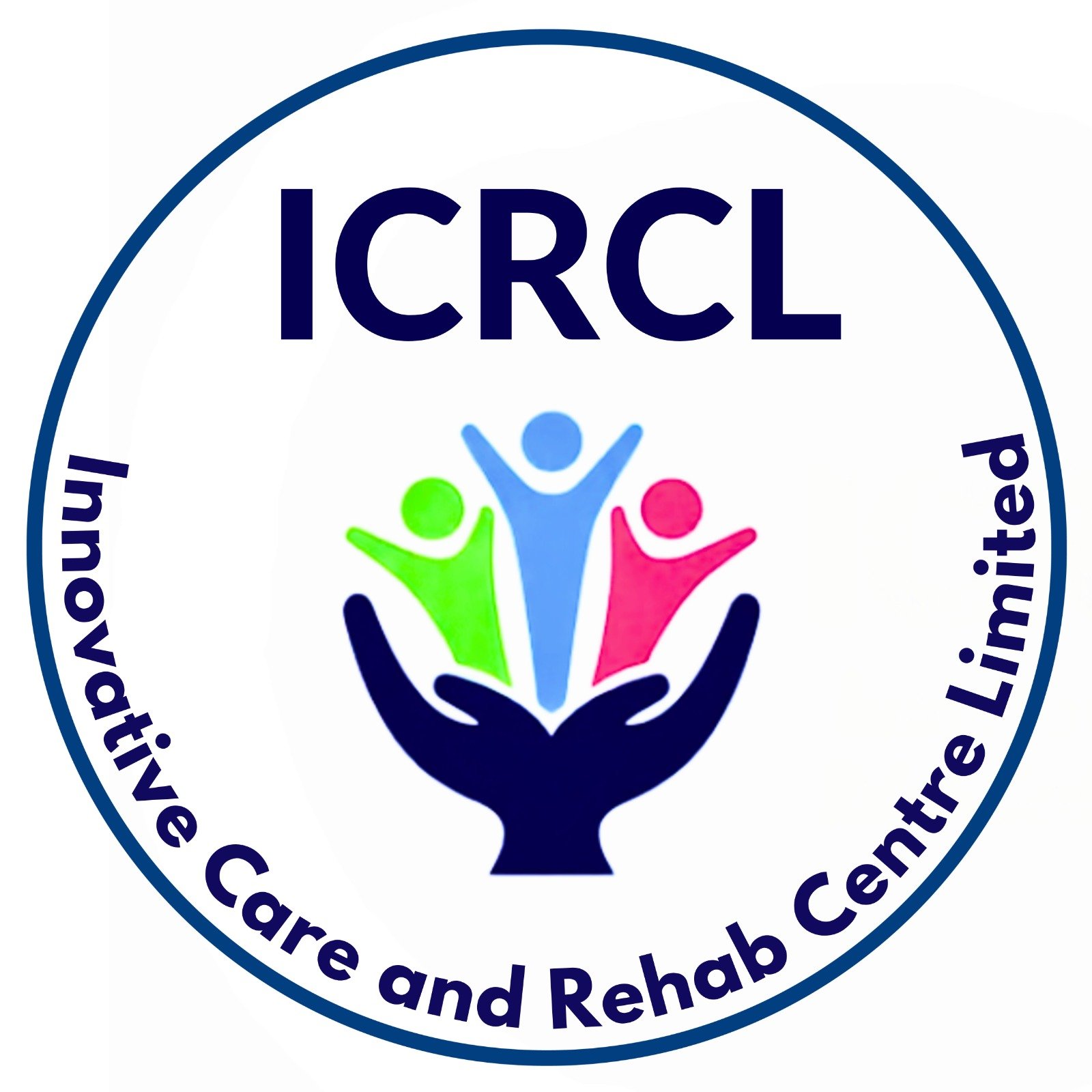Understanding Down Syndrome
Down syndrome is a naturally occurring chromosomal arrangement
that has always been a part of the human condition. It results
when a person has a full or partial extra copy of chromosome 21.
This additional genetic material alters the course of
development and causes the characteristics associated with Down
syndrome. Each person with Down syndrome is a unique individual
and may possess these characteristics to different degrees or
not at all.

Common Characteristics
Individuals with Down syndrome often have a distinct physical
appearance and may experience developmental delays. Common
traits include:
- Mild to moderate intellectual disability.
- Delays in speech and language development.
-
Low muscle tone (hypotonia), which can affect motor skills.
- A sociable and engaging personality.
-
Associated health conditions may be present, requiring
monitoring.
How We Support Your Child
Early intervention is key. Our team provides a range of
therapies to build a strong foundation for learning and
development:
-
Speech and Language Therapy: To improve
articulation, language comprehension, and social communication
skills. We often incorporate sign language and visual aids.
-
Physiotherapy : To strengthen muscles,
improve gross motor skills like sitting and walking, and
promote good posture.
-
Occupational Therapy: To help with fine motor
skills for feeding, dressing, and writing, as well as
addressing any sensory processing issues.
-
Cognitive and Educational Support: We work on
early learning concepts, memory, and problem-solving skills to
prepare children for academic success.
Our Aim and Achievements
Our goal is to help each child with Down syndrome reach their
full potential and lead a life of inclusion and independence. We
work towards achievements such as:
- Clearer speech and more effective communication.
-
Improved physical coordination and strength for active
participation in play.
- Greater independence in self-care and daily routines.
-
Stronger foundational skills for learning and school
readiness.
-
Confident children who are active members of their families
and communities.

